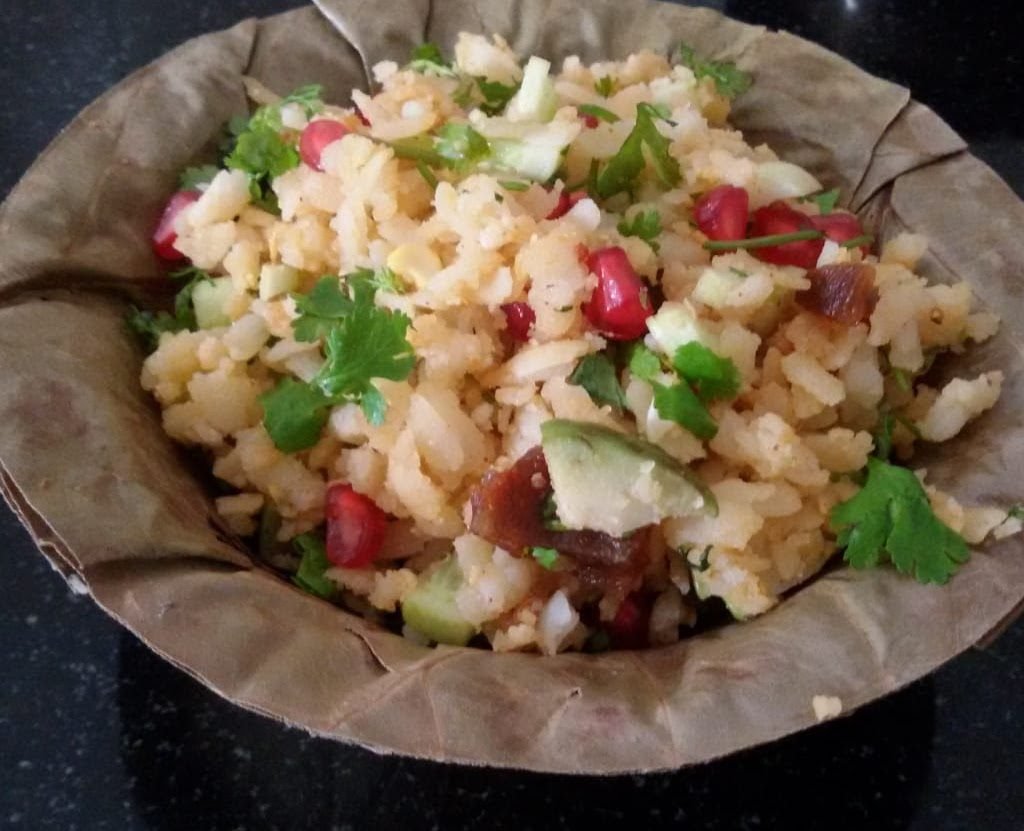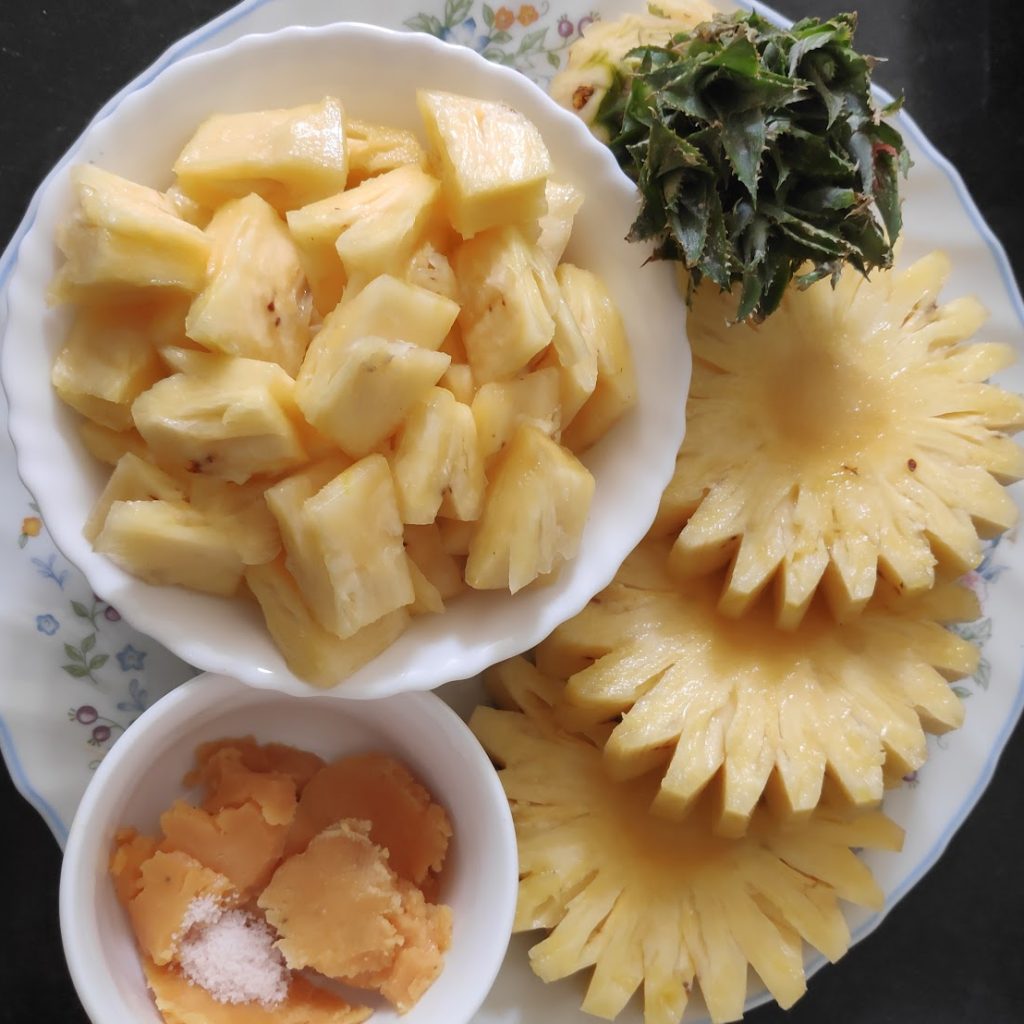Carrot Raita
Carrots are a great snack — crunchy, full of nutrients, low in calories, and sweet. Carrots are rich in antioxidants like beta-carotene and lutein, which protect the body against damage from free radicals and may reduce the risk of chronic diseases by improving the immune system. The body converts beta-carotene to vitamin A, which is essential for good vision and preventing night blindness. It is also important for growth, development, and immune function. Eating fat (coconut in this recipe) with cooked carrots can help you absorb more of the beta-carotene. Vitamin A and antioxidants also contribute to healthy skin. Carrots are rich in carotenoids, which may help protect against several types of cancers like prostate, colon, and stomach cancers, leukemia, and breast cancer in women. Carrots contain potassium, which helps regulate blood pressure, and fiber, which can lower cholesterol levels. Vitamin K and calcium in carrots contribute to strong bones and may help prevent osteoporosis. The fewer calories and fiber in carrots can help with weight management by promoting fullness and satiety and healthy digestion. The insoluble fibers in carrots may reduce your risk of constipation and promote regular bowel movements. The soluble fiber can also help lower blood sugar levels by slowing down your digestion of sugar and starch. Soluble fibre, like pectin, also feeds the friendly bacteria in your gut, which may lead to improved overall health and decreased risk of disease. Moreover, certain soluble fibres impair the absorption of cholesterol from your digestive tract, helping to lower blood cholesterol. Carrots have a low glycemic index, so they are good for diabetics because they prevent a rapid spike in blood sugar.




